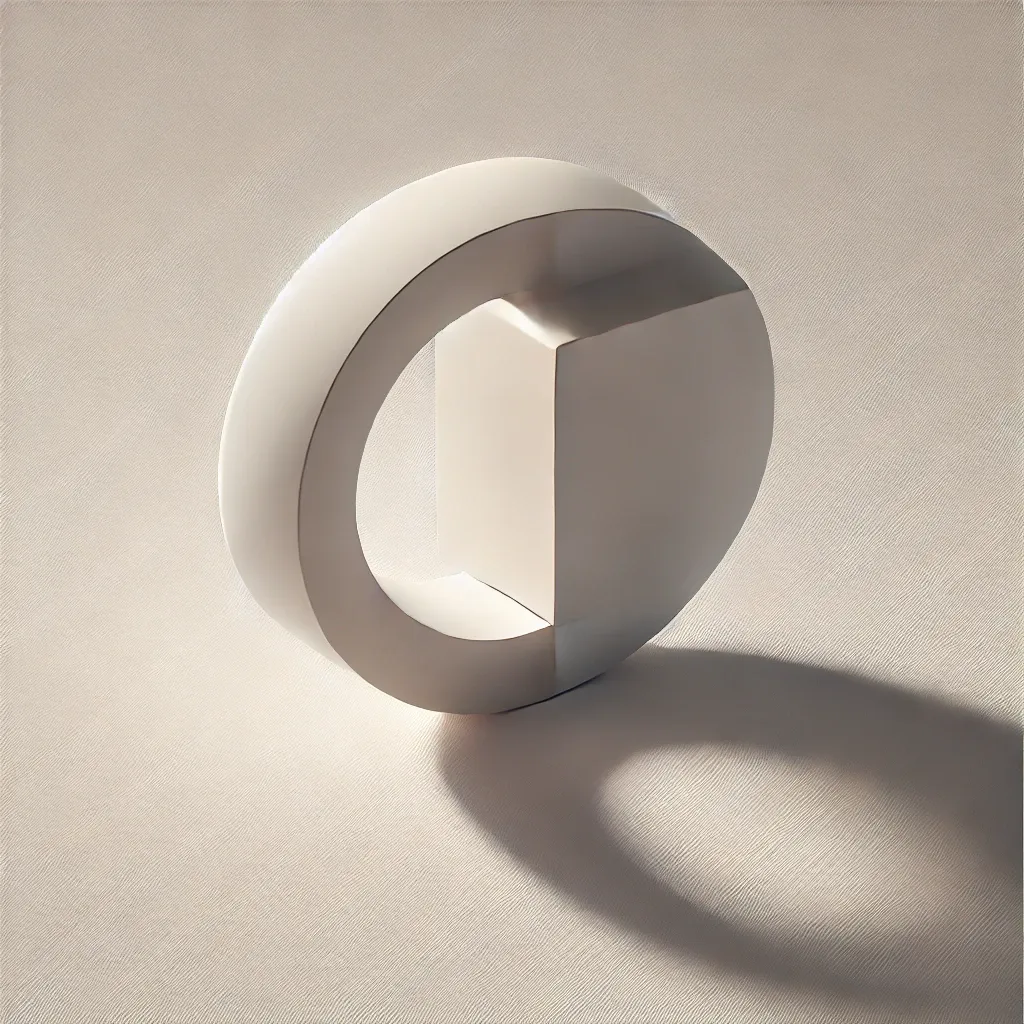The Truth We Tell Ourselves

The Oxford English Dictionary defines truth as “the quality or state of being true” or “that which is true in accordance with fact or reality.” But when I think about truth, I see something far more fluid than the rigid concept of facts or reality. Truth feels personal, malleable, and deeply shaped by our experiences, assumptions, and, sometimes, the stories we choose to tell ourselves—and others.
The truth is: reality looks different to everyone. And this becomes glaringly obvious every time I return home to my parents’ house.
The Stories We Curate
The holidays bring a rush of memories and emotions. For me, those feelings are often tangled with shame. I’ve realized that for much of my life, I curated a version of myself to present to my parents—a version that aligned with what I thought they wanted to see. It wasn’t outright lying; it was selective truth-telling. Over time, that curated version of myself became their reality.
Ever since I was a kid, I’ve carried the weight of crafting my family’s understanding of me. Whether it was omitting parts of my day, simplifying my struggles, or outright avoiding certain conversations, I shaped their perception of who I was. I told myself I was helping them, sparing them worry, or just keeping things “easier.” But the reality was that I was burying my truth because I was ashamed of it.
This pattern persisted long after I left home. I grew, developed, and changed, but my family’s perception of me didn’t. To them, I was frozen in time, a version of myself from years ago. And I’ve come to realize that this is partly because of the stories I told—and didn’t tell—along the way.
The Truth Is Different for Everyone
We all see the world through the lens of our own experiences. My truth is rooted in what I’ve lived through, just as my parents’ truths are shaped by their own pasts. My mother, for example, often tells me stories about myself from when I was a child. These stories reflect her truth, her reality, and her understanding of me. But they also remind me of how much I’ve changed—and how little of that change my family has seen or understood.
To them, I’m still the teenager who bottled everything up, the child who worked hard to meet their expectations, the young adult who avoided conflict by quietly agreeing. Their truth about me is static, tied to memories and assumptions that no longer reflect who I am. And yet, when I come home, I feel myself slipping back into that role, as if their truth about me is more valid than my own, and the old me comes back naturally like a habit.
The Danger of Assumptions
Truths have a way of becoming assumptions over time. My family often answers questions on my behalf or assumes they know what I’m thinking or feeling. They believe these assumptions are true because, for years, I didn’t correct them. I let them speak for me, thinking I was keeping the peace. But in doing so, I allowed their assumptions to become their reality—and mine.
For years, my personal truth was this: “If I’m not perfect, my parents won’t love me.” I shaped my actions and decisions around that belief. I avoided failure at all costs, hid my struggles, and worked tirelessly to present a polished version of myself. But perfection is an impossible standard, and carrying that weight is exhausting.
What I’ve come to understand is that my family wasn’t acting out of malice. Their assumptions weren’t meant to harm me; they were simply rooted in their own understanding of truth. And in the absence of my full, authentic truth, their assumptions filled the gaps.
Breaking the Cycle
The hardest lesson I’ve learned is that the only truth I can control is my own. I can’t change how my family perceives me or undo years of assumptions. What I can do, however, is stop contributing to the cycle. I can stop editing my truth to fit their expectations and start showing up as the person I truly am.
Breaking this habit is difficult. It requires vulnerability, honesty, and, most importantly, empathy. Empathy is the only thing that can bridge the gap between our individual truths. When we take the time to understand each other’s perspectives—without judgment or defensiveness—we open the door to deeper connection and understanding.
Moving Forward
The truth is complicated. It’s personal, evolving, and, at times, contradictory. What I’ve come to understand is that my family’s truth about me doesn’t have to align perfectly with my own. And that’s okay.
As I continue to grow, I’m learning to let go of the need to control how others see me. I’m learning to honor my truth, even when it feels messy or imperfect. And I’m learning to approach others with empathy, recognizing that their truth is just as valid as mine, even when it differs.
We’re all human. We all see the world through different lenses. The only way to bridge those differences is through understanding and compassion—starting with ourselves.